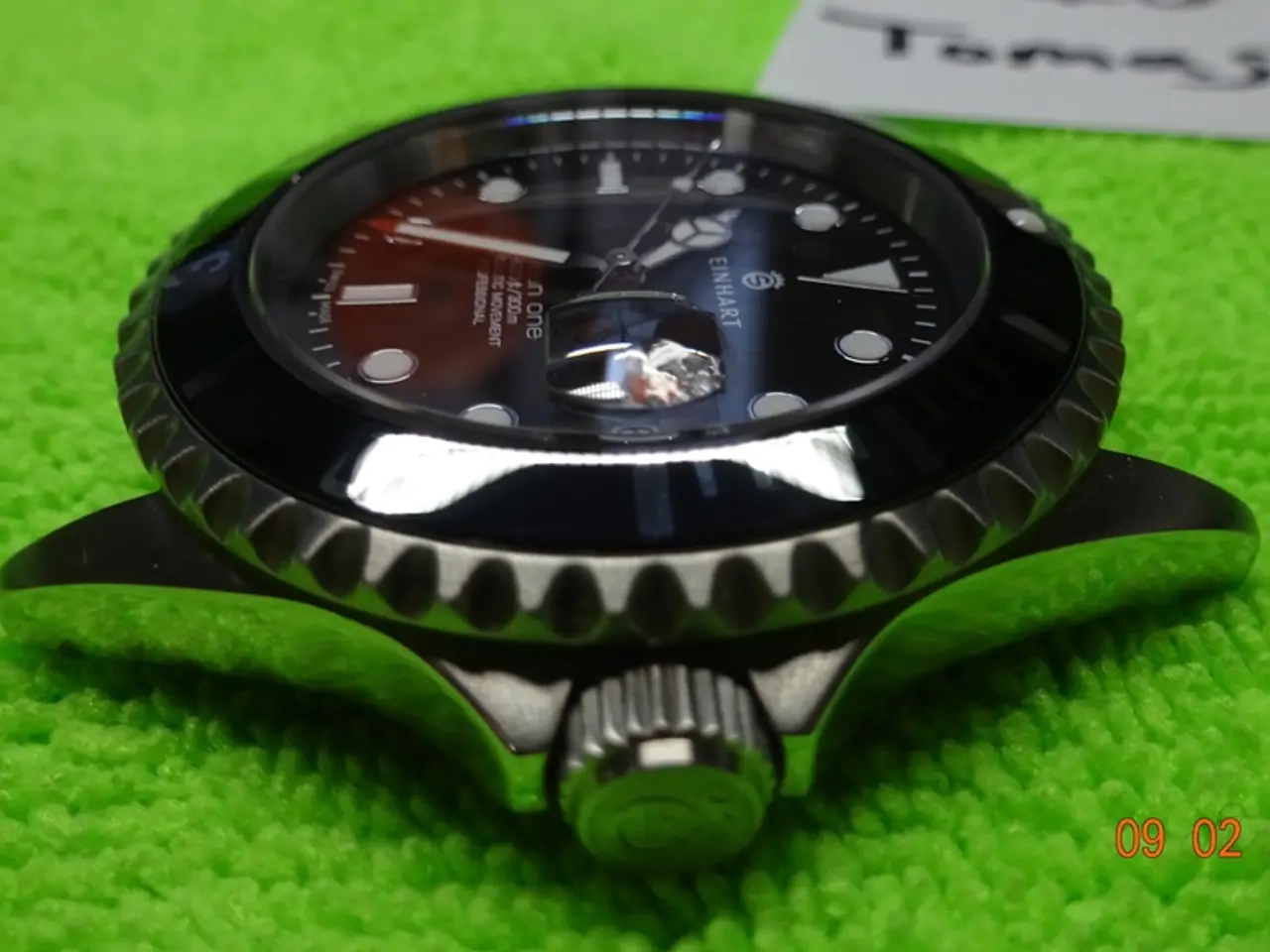Study Questions Usefulness of CGMs for Non-Diabetics
A recent study casts doubt on the usefulness of continuous glucose monitors (CGMs) for individuals without diabetes. The research suggests that these devices may not accurately assess long-term blood sugar control or match gold standard blood tests for this group.
CGMs, small wearable devices tracking blood sugar levels, have gained popularity among non-diabetic health-conscious individuals. However, a study found that data from these devices did not align with HbA1c measurements in people without diabetes. The study suggests that CGMs may capture normal short-term fluctuations in blood sugar, which do not impact HbA1c levels. Originally designed for people with diabetes, CGMs may not provide the same benefits for those without the condition. In contrast, for people with diabetes, CGM data closely matched HbA1c measurements, particularly for average glucose levels.
The study highlights potential limitations of CGMs for people without diabetes. While these devices may not accurately assess long-term blood sugar control or match gold standard blood tests for this group, they remain valuable tools for people with diabetes. Further research is needed to determine the most effective use of CGMs for non-diabetic individuals.
Read also:
- Is it advisable to utilize your personal health insurance in a publicly-funded medical facility?
- Dietary strategies for IBS elimination: Aims and execution methods
- Benefits, suitable dosage, and safety considerations for utilizing pumpkin seed oil in treating an overactive bladder
- Harmful Medical Remedies: A Misguided Approach to Healing






